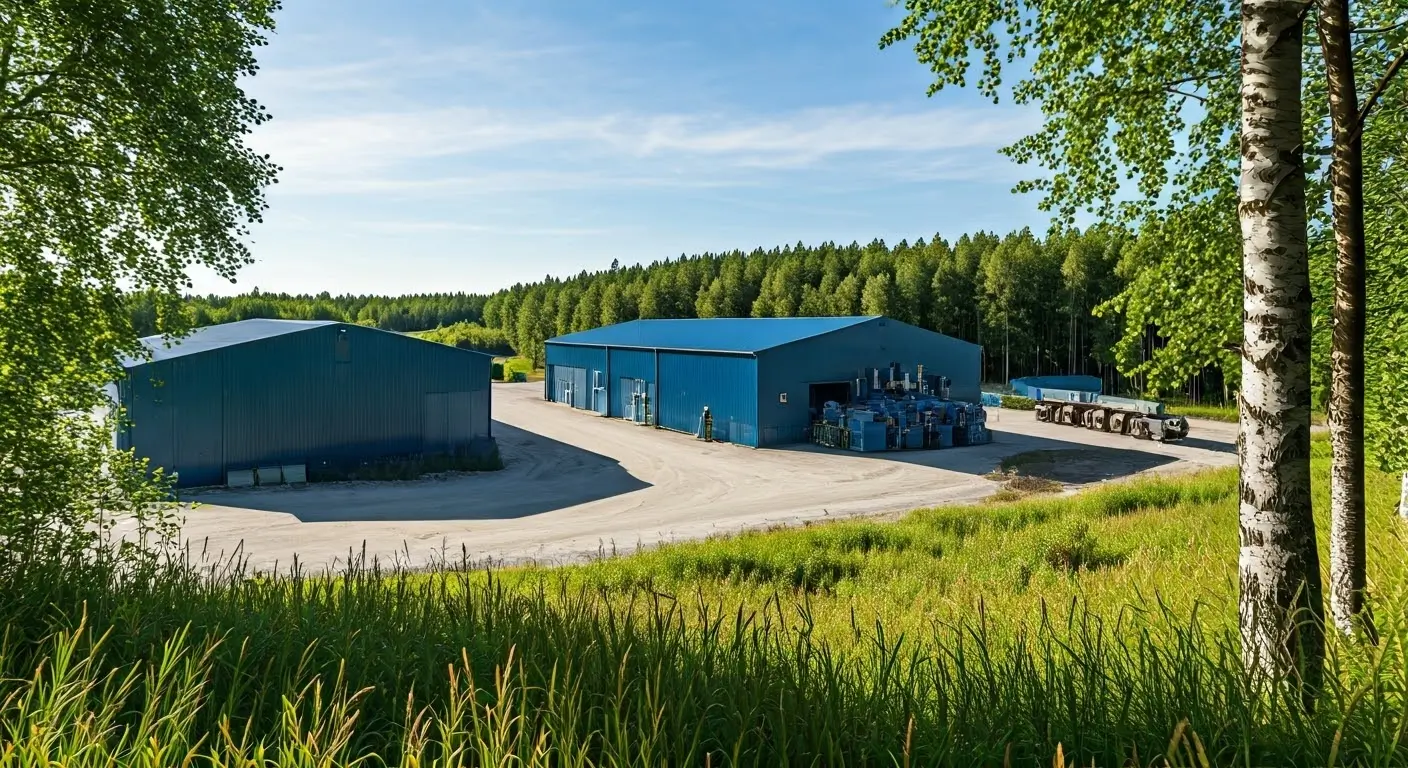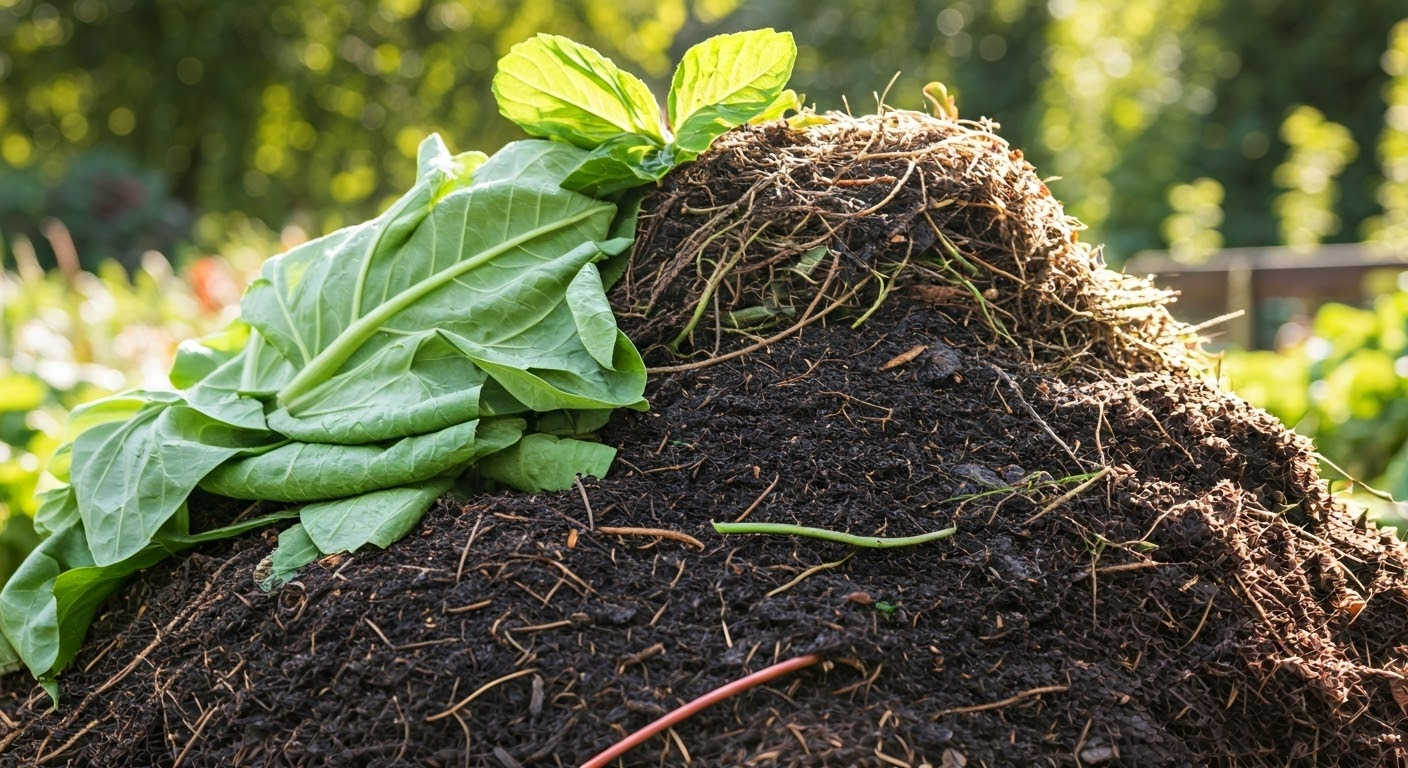Key Highlights
- Climate change is intensifying the challenges faced by waste management systems, making adaptation crucial for a sustainable future.
- Increased extreme weather events and rising sea levels pose threats to waste infrastructure, necessitating resilient design and planning.
- Sustainable waste processing techniques, like anaerobic digestion and material recovery facilities, help mitigate greenhouse gas emissions.
- Implementing circular economy principles minimizes waste generation and promotes resource efficiency, reducing environmental impacts.
- Public awareness and community participation are crucial for effective waste management and climate change adaptation strategies.
- Official government organizations play a vital role by implementing policies that support sustainable waste management practices and incentivize climate-resilient solutions.
Introduction
Climate change is here, and we can see its effects all around the world. Waste management systems must deal with these changes directly. As the Earth gets warmer, we face more severe weather, changes in rainfall, and rising sea levels. These factors all affect how we handle waste. Sustainable waste management practices are key to reducing these problems and keeping people healthy and the environment safe. We need to change our strategies, tools, and laws to build strong systems that can handle the challenges that come with a changing climate.
Understanding the Impact of Climate Change on Waste Management in Sweden

Sweden is known for caring about the environment, but it still feels the effects of climate change on its waste sector. The country has a strong waste management system, but it now faces challenges from heavy rainfall, floods, and rising temperatures. These conditions can disturb waste collection, make trash break down faster in landfills, and increase the chances of spreading diseases.
Because of these impacts of climate change, it is essential to care for the environment and protect human health. Warmer temperatures can cause waste to decay more quickly, leading to more harmful greenhouse gas emissions. There is also a higher risk of contaminating groundwater. Furthermore, when extreme weather disrupts waste collection, it can cause bins to overflow. This attracts pests and creates unclean conditions that can harm public health.
The Role of Waste Management in Mitigating Climate Change Effects
Waste management is very important in fighting climate change. It helps lower greenhouse gas (GHG) emissions. Landfills are major places that produce methane, a GHG that is stronger than carbon dioxide. If we use methods like capturing and using landfill gas, we can change these areas from pollution sources into places that produce renewable energy.
Recycling is another strong tool in battling climate change. When we recycle, we keep materials out of landfills. This means we don’t need to take, process, and move new resources. It cuts down on energy use and GHG emissions, making our carbon footprint smaller.
Composting organic waste is also key for green waste management. Composting takes waste away from landfills. It also makes a useful addition to the soil for farming. This helps reduce the need for chemical fertilizers and makes a more sustainable cycle for organic materials.
Overview of Climate Change Challenges in Swedish Waste Management
Sweden is known for its strong waste management policies. However, it is facing new challenges from climate change. More natural disasters, like heavy rain and floods, can overwhelm waste treatment plants. This can mess up waste collection routes and possibly pollute water with waste.
These problems show that there is a need for flexible waste management options. We need systems that can respond to unexpected events. Good infrastructure, different ways to process waste, and backup plans for disruptions are key to a strong waste management system during uncertain times.
The Swedish Environmental Protection Agency is the official government organization that takes care of waste management. They are important for helping Sweden become climate-resilient. By aiming for big cuts in waste, encouraging a circular economy, and guiding adjustments to climate change, they are making a way for a sustainable future.
Innovative Adaptation Strategies for Waste Management

Adapting to climate change means we need to change how we manage waste. We should move away from just focusing on disposal. Instead, we should focus on preventing waste, recovering resources, and making our systems stronger. This means we should think of waste in a new way. We can view it as a useful resource, not just a problem.
Using new technology in waste management can help too. Real-time monitoring systems, automated sorting centers, and better waste-to-energy methods can make our efforts more efficient and strong. These changes improve how we handle waste. They also help reduce greenhouse gas emissions and build a better future for everyone.
Enhancing Resilience Through Sustainable Waste Processing Techniques
Sustainable waste management is more than just throwing away trash. It focuses on using methods that protect the environment and save resources. Here are some important techniques that help us be more prepared for climate change:
First, we need to depend less on landfills. These sites release harmful gases into the air. Instead, we should support options like:
- Anaerobic digestion: This is a method that breaks down organic waste without oxygen. It creates biogas, which can be used for energy.
- Material recovery facilities: These places boost recycling by sorting mixed waste. This helps recover as many valuable materials as possible.
Also, we should invest in strong and flexible infrastructure. We need to build facilities that can handle severe weather. It’s also important to include climate forecasts in our waste management plans.
Implementing Circular Economy Principles in Waste Reduction
A big change to a circular economy is very important for lasting waste management. This method aims to keep using resources for a long time. It tries to get the most value from them before throwing them away. Instead of the old « take-make-dispose » way, a circular economy focuses on cutting down waste, reusing products, and recycling materials.
One important part is to set up programs and rules that encourage reducing waste right from the start. This means supporting eco-friendly packaging, helping product care programs, and backing repair and reuse efforts. By changing our focus from just managing waste to managing resources, we can really lower the amount of waste we create.
Teaching people how to consume responsibly and separate waste properly is also key to moving to a circular economy. Helping people get involved in cutting waste is very important for making lasting changes in how we create waste.
Conclusion
In conclusion, good waste management is very important in fighting climate change. This is especially true for countries like Sweden. We can build our ability to handle changes and lessen damage to the environment by using clean waste processing methods and following circular economy ideas. Local communities need to get involved in adapting to climate change by taking part in waste management projects. Also, we need policies that help create waste management systems that can handle climate challenges. Together, we can help make a better future for our planet.
Frequently Asked Questions
What are the key components of a climate-resilient waste management system in Sweden?
A waste management system in Sweden focuses on being ready for climate changes. It aims to reduce waste and support a circular economy. This includes sustainable waste management practices such as recycling, composting, and smart disposal. It also has strong infrastructure and flexible technologies that can handle different climate situations.
How can local communities in Sweden participate in climate change adaptation for waste management?
Community participation is important for good waste management. Local people can help by getting involved in ways like reducing waste, reusing items, and recycling well. Supporting local projects, joining educational programs, and spreading awareness among friends also help in dealing with climate change and adapting to it.
What policies support climate adaptation efforts in Swedish waste management?
Sweden’s work on adapting to climate change in the waste sector is backed by strong government policies. Official groups like the Swedish Environmental Protection Agency set strict environmental rules. These policies encourage good waste management, make better use of resources, and support investment in strong climate-friendly infrastructure.


